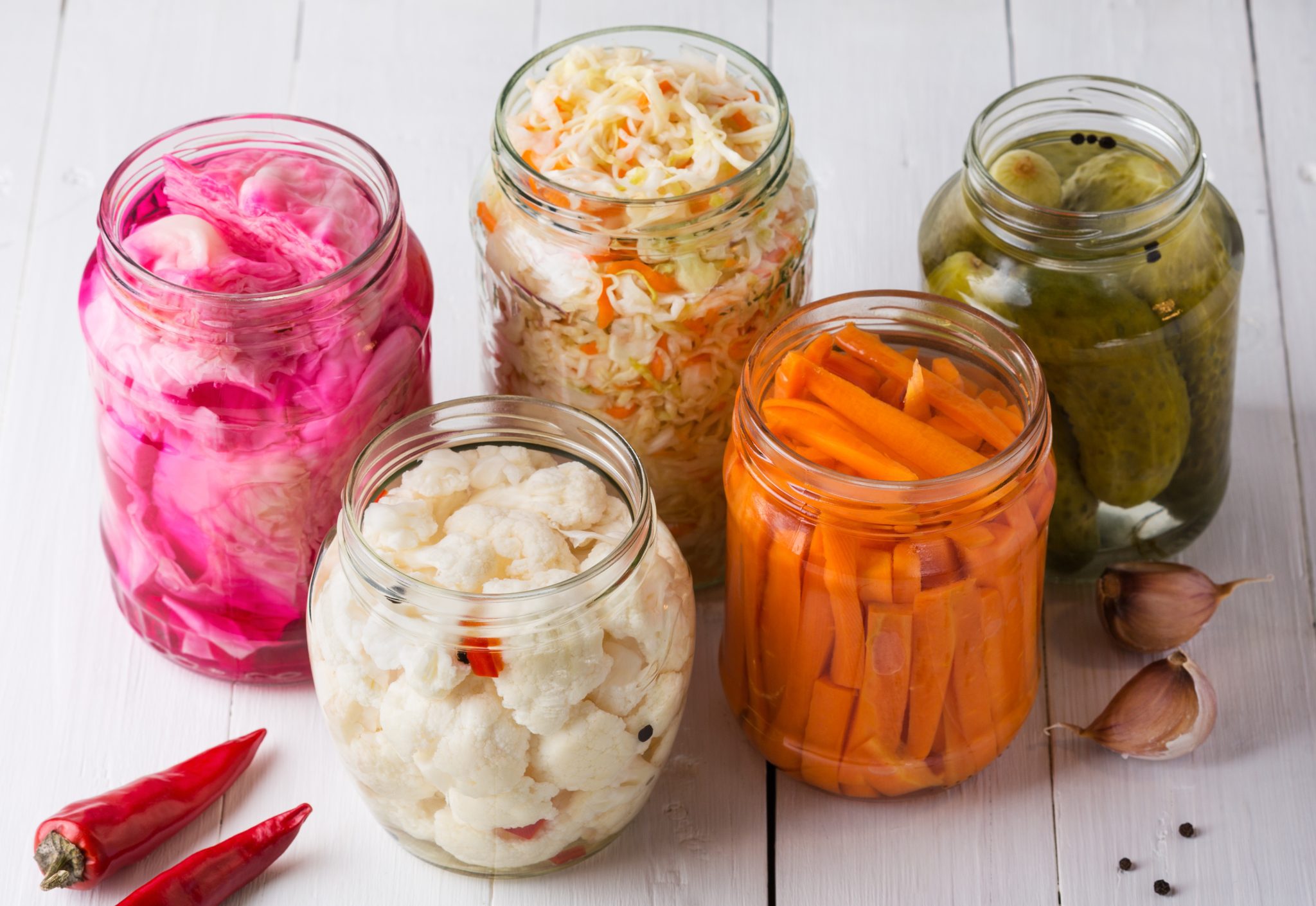Alabama Cottage Food Law

The Alabama Cottage Food Law went into effect in 2014 and was revised in 2021. The law states that individuals can produce certain nonhazardous foods in their homes. The new law defines a cottage food as a nonpotentially hazardous food that has been prepared in a person’s home that does not require time and temperature control for safety. The law excludes products that use meat, poultry, or fish.
Fermentation is a great way to preserve foods. Several different kinds of fermented foods popular today are kombucha, kimchi, sauerkraut, kefir, tempeh, fermented pickles, and other vegetables. To be covered under Alabama’s Cottage Food Law, the fermented product must be produced using a validated recipe and process and must not result in the production of alcohol. Fermented products must meet acidity requirements for food safety, resulting in a finished equilibrium pH of 4.2 or below. Follow all United States Department of Agriculture (USDA) guidelines specific to your product. You can find these guidelines on any state Extension website or the National Center for Home Food Preservation website.
An approved laboratory must conduct initial testing. After the initial test and approval, Alabama Extension recommends periodic testing to ensure consistency.
Essential guidelines for all fermented products:
- Always use validated recipes and procedures.
- Do not alter the recipes; proportions are important in a tested recipe.
- Ensure that the pH is low enough to prevent the growth of Clostridium botulinum.
- Always use canning or pickling salt.
- Do not use reduced sodium salt in fermentation.
- Use glass, stone crock, or food-grade plastic containers to ferment your product. Metal containers are not suitable for fermentation.
- Use filtered water for the best results.
- Keep the vegetables under the brine. This is essential.
- Use a weight to keep your product under the brine and cover the container with a clean heavy towel. This will help keep insects from getting in or possible molds from forming during the fermentation process.
- The ideal temperature for fermentation is 70 to 75 degrees F.
- Check your product every 2 or 3 days for foam, which should be removed to prevent spoilage.
- Discard any products that have a black or pink slimy mold.
Follow USDA guidelines if your validated recipe requires processing in a water bath canner.
 Angela Treadaway, Regional Extension Agent, Food Safety and Quality, Auburn University
Angela Treadaway, Regional Extension Agent, Food Safety and Quality, Auburn University
New January 2023, Alabama Cottage Food Law: Fermentation, ANR-2960

